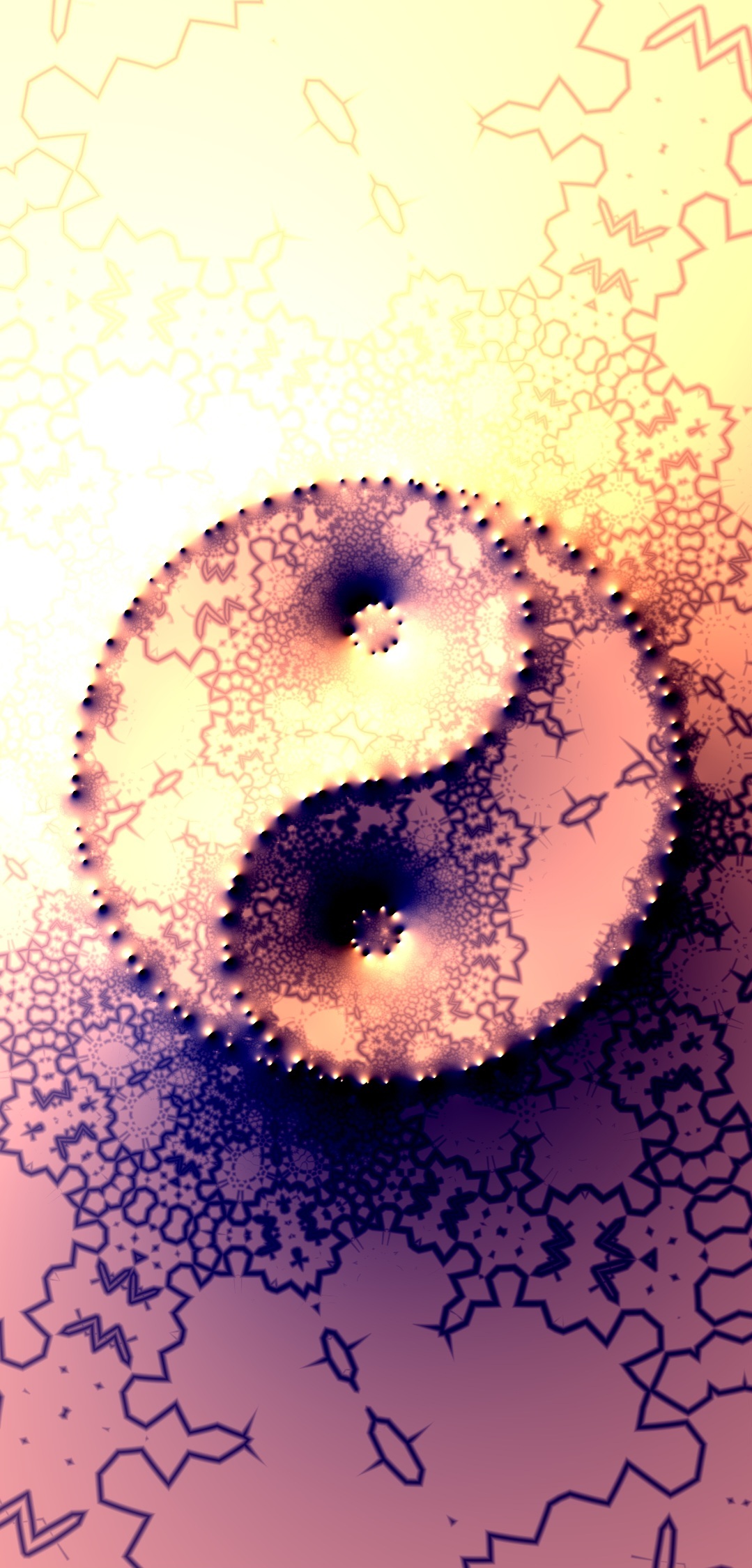This is pretty 😊
Art Share🎨
This is a friendly community for everyone who wants to share their art with the world! Everyone is welcomed 🎨
Rules
AI Art: While we appreciate AI generated art, there are more appropriate communities to post that type of art to. Please keep posts to non-AI generated art only. This rule includes AI art that was then manually manipulated (e.g. drawing on top of something generated by AI).
Nudity: Nudity is and has always been a part of art, but it may be something that some users don't wish to see or cannot view in certain circumstances (e.g. at work). If your work contains nudity, please mark it as NSFW. Work that contains nudity that is not marked as NSFW will be taken down. As long as the NSFW tag is used, we welcome nude subject matter.
Spam: Please do not spam this community. Self promotion is fine if you just want people to be aware of your work, but blatant attempts at spam will result in the past being removed and possibly a ban. If you aren't sure if what you are posting is spam, please contact the moderator first.
Conduct: Be nice, and don't be a jerk. Constructive criticism is OK, but don't be mean. Encouragement is always welcomed.
Thank you!
The code (sorry, I can't combine a spoiler tag with a code block):
// 2024 Waveform
// Code adapted for Shader Editor (Android).
#extension GL_OES_standard_derivatives : enable
#ifdef GL_FRAGMENT_PRECISION_HIGH
precision highp float;
#else
precision mediump float;
#endif
uniform vec2 resolution;
uniform float time;
#define pi 3.14159
#define rotate(p, a) vec2(p.x*cos(a) - p.y*sin(a), p.x*sin(a) + p.y*cos(a))
// hash without sine
// https://www.shadertoy.com/view/4djSRW
#define MOD3 vec3(443.8975, 397.2973, 491.1871) // uv range
float hash11(float p) {
vec3 p3 = fract(vec3(p) * MOD3);
p3 += dot(p3, p3.yzx + 19.19);
return fract((p3.x + p3.y) * p3.z);
}
vec2 c_inv(vec2 p, vec2 o, float r) {
return (p-o) * r * r / dot(p-o, p-o) + o;
}
float grid(in vec2 p){ p = abs(fract(p+.5)-.5); return 2. * min(p.x, p.y); }
void invArc(in vec2 p, inout vec2 pg, float n, float arc, float rad, float seed) {
for(float i=0.; i<n; i++) {
float rnd = .65 * hash11(i+seed);
pg +=
c_inv(
p,
rad*vec2(
sin(2.*arc*pi*(i+rnd)/n),
cos(2.*arc*pi*(i+rnd)/n)
),
1.25-.5*hash11(i-seed)
);
}
}
void main(void) {
vec2 res = resolution.xy;
vec2 fc = gl_FragCoord.xy;
vec2 p = (fc-res/2.) / res.y;
vec3 o = vec3(-1., 0., 1.);
float f;
// zoom
p *= 1.3;
// building coords from summed-up circle inversions
vec2 pg = vec2(0.);
// dot number/density
float N = 80.;
// outer circle
invArc(p, pg, N, 1., .25, 1.);
// inner semicircles
invArc(p-o.yx*.125, pg, N/4., -.5, .125, N);
invArc(p-o.yz*.125, pg, N/4., -.5, -.125, -N);
// dots
pg *= -1.;
invArc(p-o.yx*.125, pg, N/8., 1., 1./48., 2.*N);
invArc(p-o.yz*.125, pg, N/8., 1., 1./48., -2.*N);
pg *= -1.;
// p's value is now summed inversions
p = pg / 18.;
// new time value
float T = 10.;// + .15 * time;
// fractalize
vec2 p3 = p;
for(float i=0.; i<14.; i++) {
p3 += 1.7 * i * vec2(1., .77);
p3 = rotate(p3, pi/1.55+.2*sin(.15*i-.1));
p3 = abs(mod(p3, 10.)-5.);
}
// apply grid
f = grid(p3+T);
// give lines an even thickness
f /= .05 * res.x * length(vec2(dFdx(p.x), dFdx(p.y)));
// value adjustment
f = min(1., f+.73);
// trying to make a distinction between yin and yang
f += .05 + .02 * (p.y-p.x);
vec3 RGB = vec3(f);
// faux lighting
f += 1. * (.014 * length(p+15.) - .85);
// final color
RGB +=
mix(
vec3(.2, .1, .4),
1.7*vec3(1., .5, .15),
f
)-.7;
gl_FragColor = vec4(RGB, 1.);
}
its adorable that you think a page of source code is a spoiler
Lol, it's to hide it so it doesn't clutter up the thread, not to keep it secret ;)
awww thanks. i guess you could just link to it next time.
I will keep that in mind~
Shader art is underappreciated imo. I've dabbled in it a bit myself but I've never done anything this incredible. Awesome work!
Thank you. Yeah, shaders are great. Lots of awesome stuff over at the shadertoy website.
